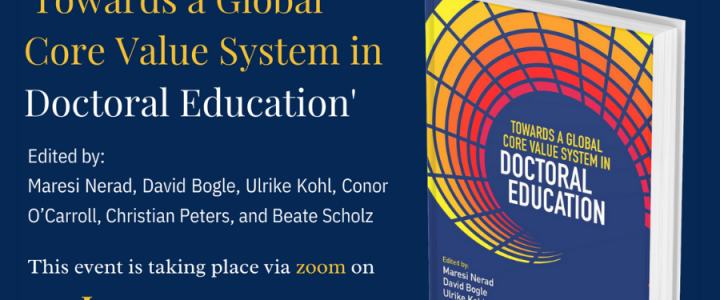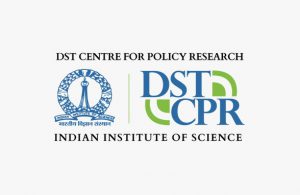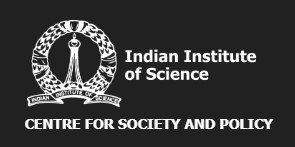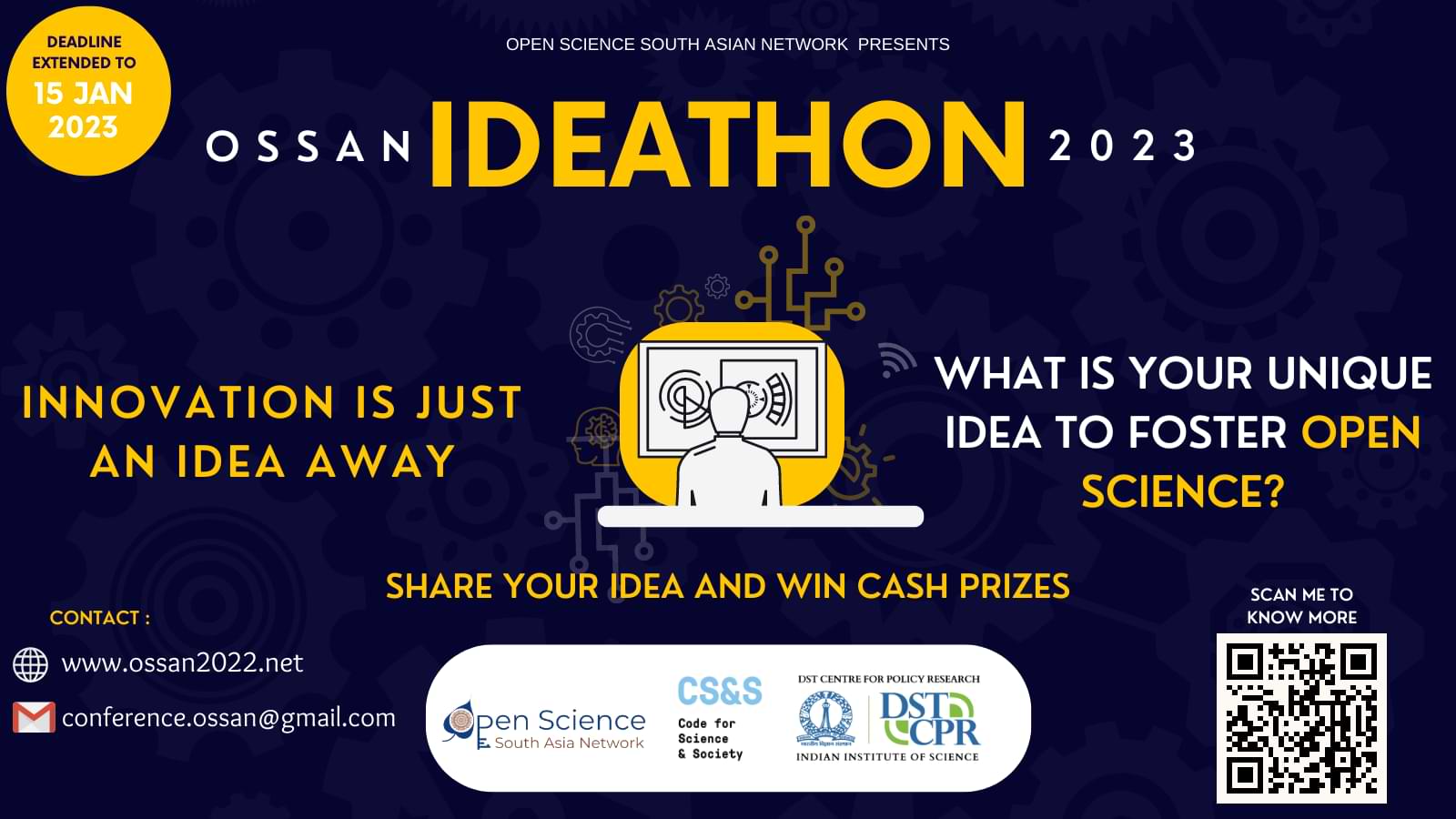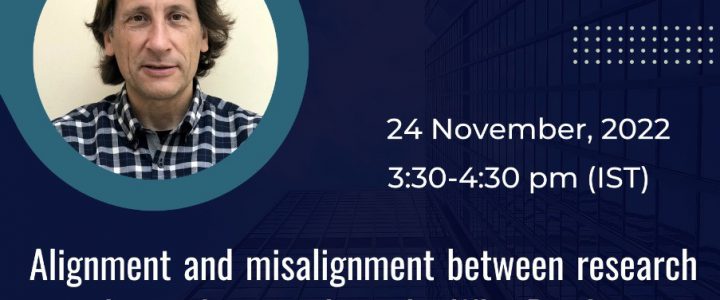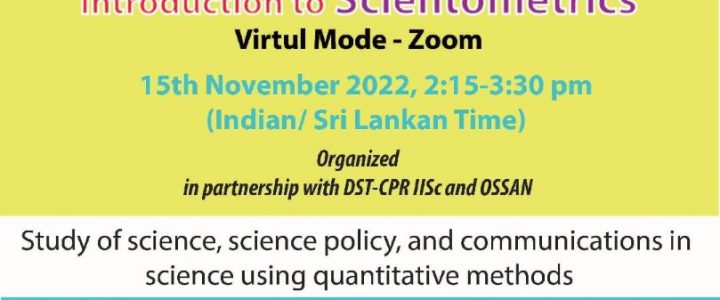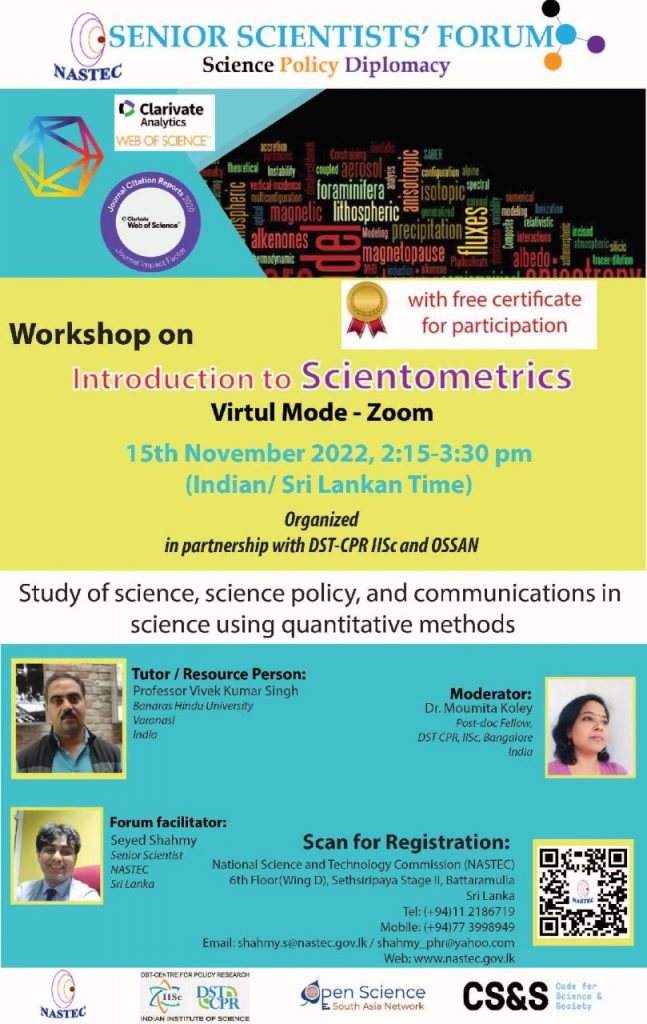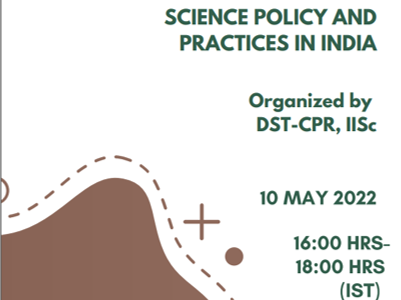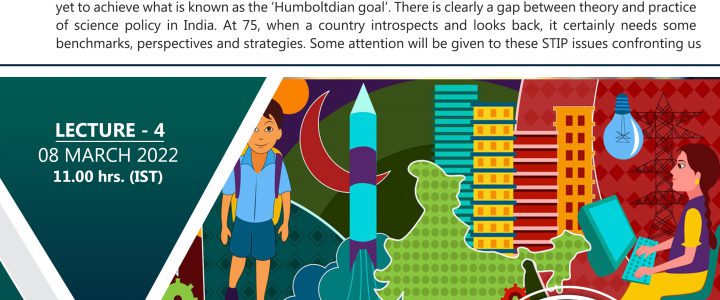Abstract
Science, Technology, and Innovation are assumed to contribute to the well-being and Sustainable Development Goals. However, there are debates on the extent of this contribution. In this presentation, he explores the degree of alignment of research priorities with societal needs in topics such as disease types, mental health, and rice research. Bibliometric evidence suggests that research is relatively concentrated on topics relevant to the Global North, aligned with economic interests and academic prestige. In the face of these findings, he argues that more epistemic diversity is needed to address global challenges and that the participation of stakeholders in priority settings may help in pluralizing research agendas.
The speaker
Ismael Rafols, Centre for Science and Technology Studies (CWTS), Leiden University
UNESCO Chair on Diversity and Inclusion in Global Science
Biosketch
Ismael Rafols works on developing novel approaches to S&T analysis, using mixed methods for informing evaluation, foresight, and research strategies. His current focus is on thematic diversity and inclusion in research and policy priorities for social issues such as rice research, bird flu or obesity, or Sustainable Development Goals.
Ismael has been involved in initiatives on ‘responsible metrics’, such as the Leiden Manifesto, the EC Expert Group on Open Science Indicators, or discussions on inequalities in research across topics and regions. Previously, he had developed indicators and mapping methods for the evaluation of interdisciplinary research. He received an MSc in Science and Technology Policy from SPRU (Sussex), a PhD in biophysics from Tohoku University (Sendai, Japan), and a postdoc in nanobiotechnology at Cornell University. Before CWTS, he worked at SPRU (Sussex) (2005-12) and Ingenio (CSIC-UPV) (2012-19).
References
Yegros-Yegros, A., Van de Klippe, W., Abad-Garcia, M. F., & Rafols, I. (2020). Exploring why global health needs are unmet by research efforts: the potential influences of geography, industry and publication incentives. Health research policy and systems, 18(1), 1-14.
Ciarli, T., & Ràfols, I. (2019). The relation between research priorities and societal demands: The case of rice. Research Policy, 48(4), 949-967.
Ciarli et al. (2022). Changing Directions: Steering science, technology, and innovation toward the Sustainable Development Goals. Report for UNDP.

